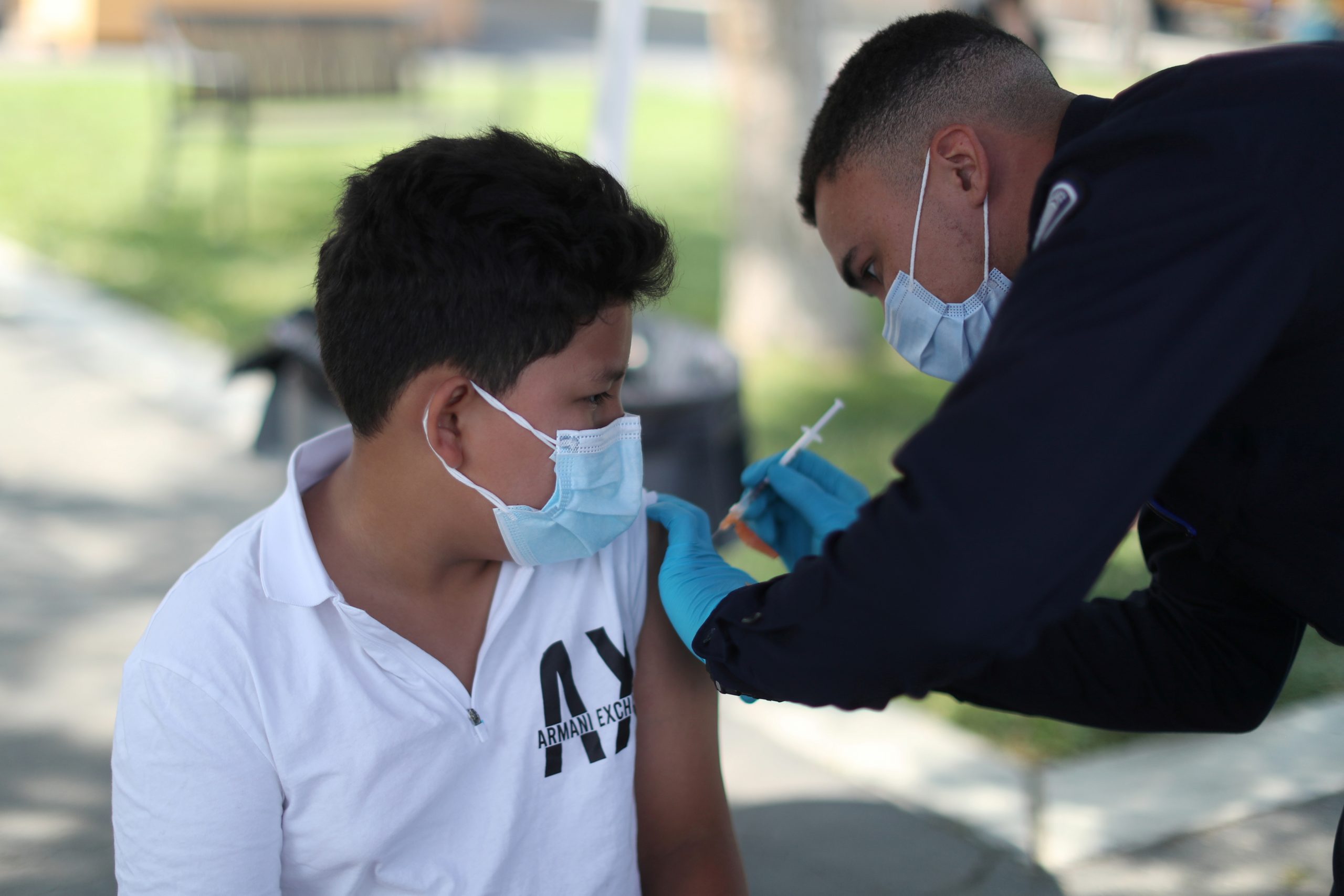
Lauren Dempsey, MS in Biomedicine and Law, RN, FISM News
[elfsight_social_share_buttons id=”1″]
Recently, Washington D.C. Mayor Muriel Bowser came under criticism for a new law that allows minors to consent to vaccination without parental knowledge or consent. A lawsuit was filed by parents calling for a preliminary injunction prohibiting D.C. from the ability to enforce the D.C. Minor Consent for Vaccinations Amendment Act of 2020, which allows children age 11 or older to have the capacity to meet the informed consent standard. The lawsuit sites that the government should not be instructing medical treatment or interventions for minors without parental consent.
There has been a push to vaccinate children for COVID-19 as Pfizer and other pharmaceutical companies are seeking FDA approval of vaccines for younger children. In response, many are advocating for children to have the autonomy to make their own medical decisions.
According to the CDC there are not federal requirements for informed consent relating to vaccinations; this is the responsibility of each state. Vaccine information statements are not generally considered informed consent, but can be if they are compliant with state law. The statements cover benefits and risks, although they differ from the manufacturers insert that is provided with each immunization. However, their purpose is to provide adequate information and this information is in a handout that is commonly given when a person receives a vaccine.
Do children have the mental capacity to make long-lasting medical decisions without input, knowledge or consent from their parents or guardians?
The opinion of the American Academy of Pediatrics (AAP) is that children as young as 12 years old are capable of making complex medical decisions for themselves and that “overriding parent permission would have numerous advantages.”
This blatant disregard by the medical community for parental authority and responsibility over their children is concerning. Most parents know what is in the best interest of their children, and that role should be respected by both the medical community and government.
The Journal of the American Medical Association (JAMA) recently published an article advocating for minors to be able to consent to COVID-19 vaccination without parental permission. The article stated that children aged 14 and older have the ability to make risk-based decisions about health, and therefore should have the right to consent to vaccination as minors.
Currently, four states allow minors to consent to vaccinations related to sexually transmitted diseases and five states allow minors to consent to any type of medical intervention without parental permission. JAMA argues that clinicians should notify parents, unless it puts children at risk, but for children aged 15-17 years old, this information should remain confidential.
One concern with recommendations such as this is that children may suffer from potential adverse reactions and injury resulting from medical treatment. The AAP and JAMA promote the idea that children know better than adults when it comes to making medical decisions.
This begs the question – are physicians and nurses providing true informed consent to minors or are they using coercion as a method to increase vaccination rates? This potentially sets a dangerous precedent, especially for children who may not have adequate knowledge of their own past medical history.
We should be questioning why these institutions would want to subvert and undermine parents in making critical, often long-lasting medical decisions for their children.
